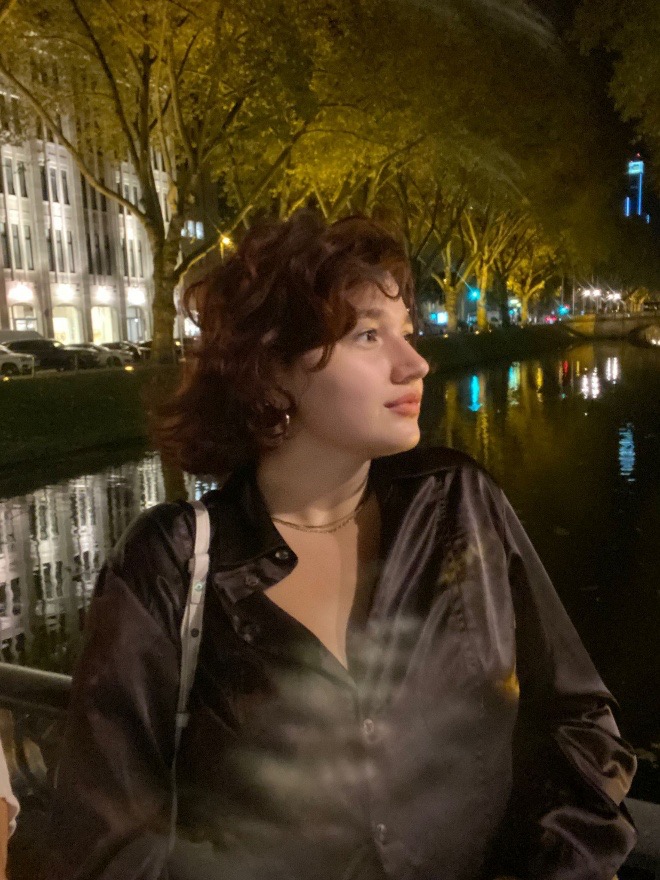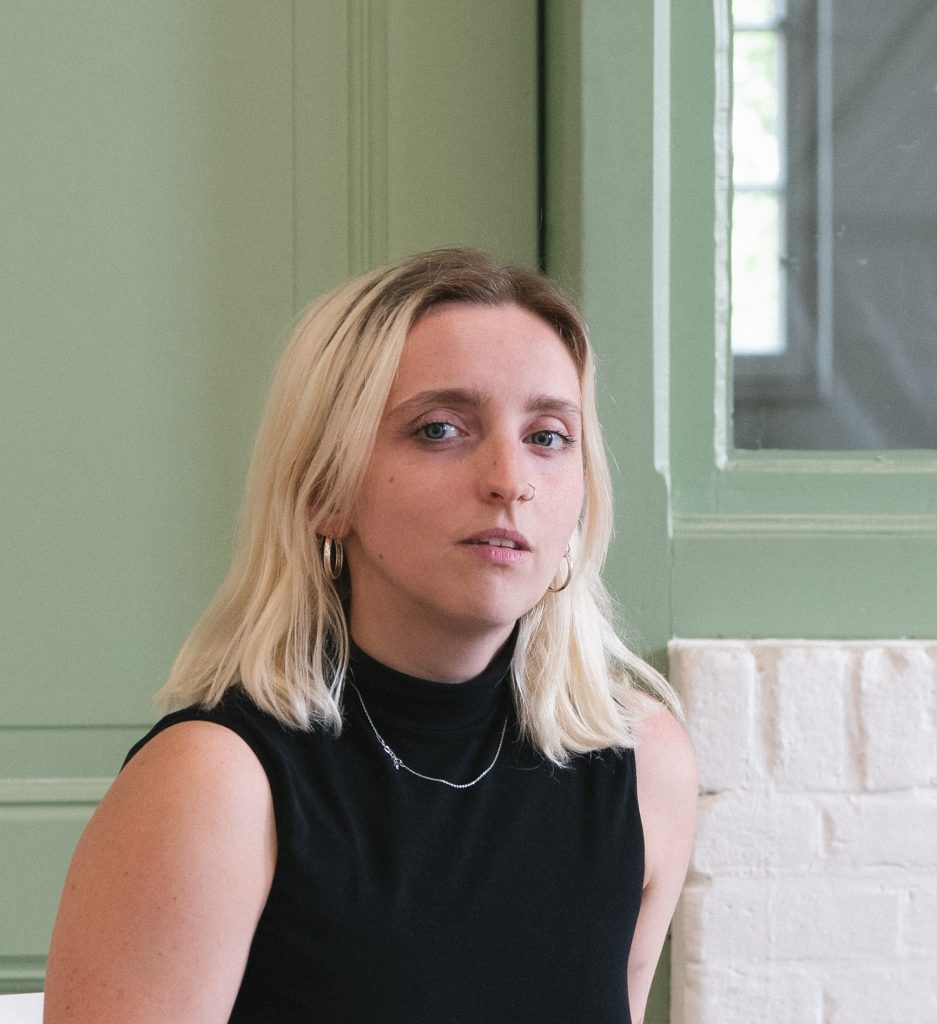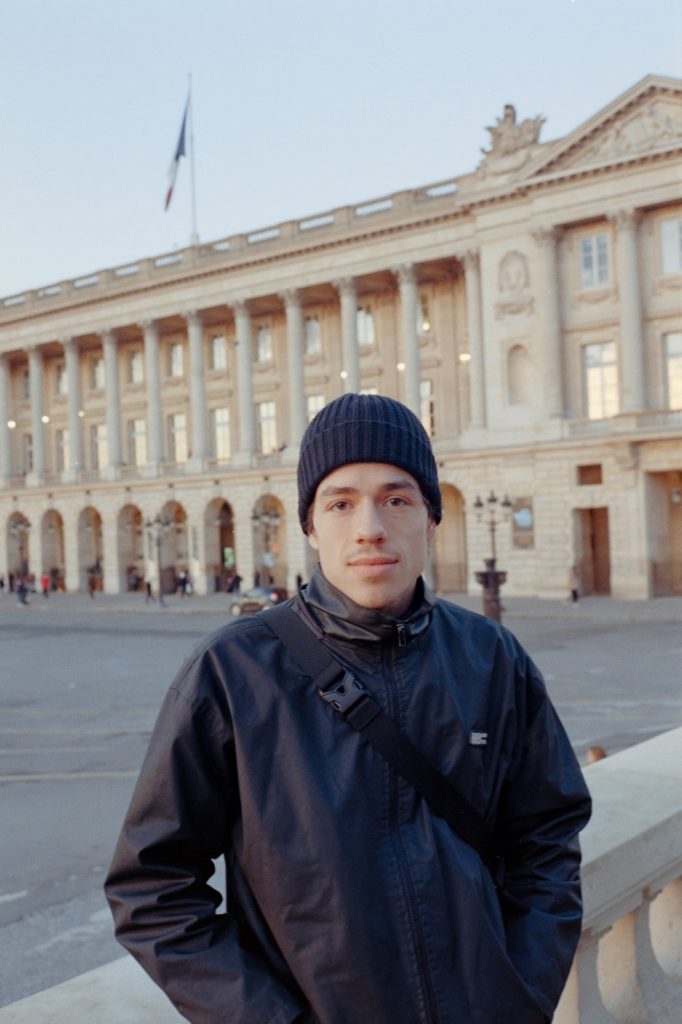The project addresses the need to develop digital tools and empower/engage the new young generation through new urban capacity development programs as instruments which can tackle the gaps addressed and support the transition of informal settlements in the Western Balkan.
Project Status:
Project Dates:
Project Contact:
Youth in informal settlements are highly vulnerable to poverty, lacking appropriate education and less opportunity for employment. Yet young residents in these communities are also one of the least represented populations in planning and community development processes.
Youth are often left out of the advocacy and planning process yet represent an important constituency in informal settlements for several reasons. Youth living in these areas are lacking the capacities to address to the public institutions their needs and the motivation to change. Still, youth are not well connected with each other and in most cases unable to mobilize to bring a change to their neighbourhood/environment.
Referring to the above challenges, this project addresses the need to develop digital tools (urban gamifications) and empower/engage the new young generation (with fewer opportunities) through new urban capacity development programs as instruments which can tackle the gaps addressed and support the transition of informal settlements in the Western Balkan (Green Agenda for the Western Balkan).
Project reference: 101186349-ERASMUS-YOUTH-2024-CB
The main objectives of the project are:
The project aims to gather together 6 organizations from the EU and Western Balkan countries with a single aim to transform the informal settlements through youth for youth. It will have a duration of 24 months and the main activities are researching, training and education of youth workers through mobility and engaging youth through local activities.
Research and advocacy are at the heart of everything we do. Each of our projects is a journey into understanding— both technically as well as socially—and we’re always looking for creative ways to share what we learn. From films and interviews to visuals, manifestos, publications, and hands-on manuals, our outputs take many forms, depending on the people involved and the story being told.
Our project libraries reflect this diversity, and we’ll keep adding to them as our work evolves. But it’s not just about knowledge—it’s also about action. We use what we learn to advocate for change, support bottom-up initiatives, and create space for citizen participation. Because a fairer, more sustainable future needs everyone at the table.
A Journey Through the Idea of Spatial Justice with 5 Steps
Fairness and equality don’t just happen in society or only socially, they also have to happen in space. It all starts with a simple but powerful question: Who gets what, where, and why? From there, there are the challenges that encourage us to look at how our cities and neighborhoods are organized, produced, and accessed, and whether these patterns lift people up or keep inequalities in place.
The notion of the “right to the city”, which is shaped by thinkers like Lefebvre, Soja, and Fainstein, remind us that a just city isn’t just about physical space—it’s about equitable access to resources, democratic participation, and the chance to live urban life with dignity.
The problems in space are top-down planning that ignores local voices, the loss of public spaces, segregation, climate vulnerability, and the everyday exclusions that limit people’s access, mobility, equity, participation, and representation.
But it’s not just about what’s wrong—it’s also about how to make it right. Tools like spatial analysis & mapping, participatory&inclusive&context specific design, community engagement, education& awareness, and strong policies and regulations are ways to transform space into something more inclusive.
The call to action is clear: rethink ownership and access, plan with people rather than for them, and empower communities to claim the spaces they need and deserve.
At its root, spatial justice is about making sure that the spaces we live, work, and gather in reflect the values of equity, inclusion, and shared belonging—so that justice isn’t just an idea, but something you can walk through, sit in, and be a part of.
Every project we take on is an opportunity to expand our circle—bringing in new collaborators, exchanging ideas, and learning from the experiences and expertise of others. These partnerships are essential to our work and help us keep growing, questioning, and creating with fresh perspectives. We value collaboration not just for the outcome, but for the process: sharing knowledge, building trust, and working together toward common goals. Below, you can meet the people and organizations we’ve partnered with on this project. Feel free to explore their work—we’re proud to be in such great company.

Berna is an urban planner focused on spatial justice, participatory design, and future-oriented urban development. Her work explores how cities can respond to social, spatial, and environmental challenges through inclusive, research-based approaches.

Mary Sarsam is a multidisciplinary artist, researcher, and project manager who explores ecological and historical narratives through spatial approaches, combining her academic background in sociology and fine art with practical experience in social work, cultural programming, and performance. She is actively involved in the Broudou School collective and global seed-saving initiatives, bridging creative research with grassroots environmental action.

Robert Körner is an ongoing urbanist with a background in architecture, carpentry, and spatial research. His work focuses on inclusive urban practices, youth-led transformation, and participatory processes.
Find a compilation of project related news, events and more, below.